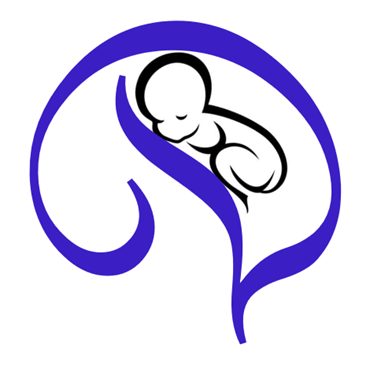ViDES Study

Small premature babies don’t get much vitamin D before birth and often are born with low vitamin D in their blood. We don’t know how much vitamin D small premature babies need to grow and develop well after birth. Giving extra vitamin D with their feedings may increase the vitamin D in their blood and prevent infection and help the lungs, bones and the brain to develop well. This study is being done to learn if giving extra vitamin D with feedings will improve the vitamin D levels in the blood and reduce breathing problems, infections, slow development, and improve bone growth.
Babies will be given either the usual amount of vitamin D in his/her feedings and IV fluids or extra vitamin D through the feeding tube shortly before feedings for the first 28 days after birth. Baby’s other care won’t be affected. We will measure blood levels of vitamin D and monitor growth, lung function, infections, and neurodevelopmental assessment at follow-up at 22-26 months postnatal age.
Purpose & Aim
Population of the study: Extremely preterm infants <28 weeks’ gestation or <1000 grams birthweight born at Children’s Memorial Hermann Hospital or University of Texas Medical Branch Hospital (Galveston)
Intervention: Extra vitamin D with feeds (800 IU/day)
Control (Usual care in our hospital): Vitamin D when the infant receives full feeds (400 IU/day)
Outcome: Vitamin D levels, growth, lung function, neurodevelopmental assessment
Trial Information
Recruitment Target: 180
Sponsor: NIH Center for Clinical and Translational Sciences (NCATS)
Funder: NIH NCATS KL2 Career Development Award (5KL2TR003168), July 2022 – July 2024 and The Gerber Foundation, July 2023 – June 2026
Duration of Study: September 2022 – June 2025
Study Principal Investigator

Maria del Mar Romero Lopez, MD, MS, PhD
Assistant Professor
Institute for Clinical Research and Learning Health Care
Department of Pediatrics, Division of Neonatology
6431 Fannin, MSB 2.104
Houston, TX 77030
(p): 713-500-7283
[email protected]